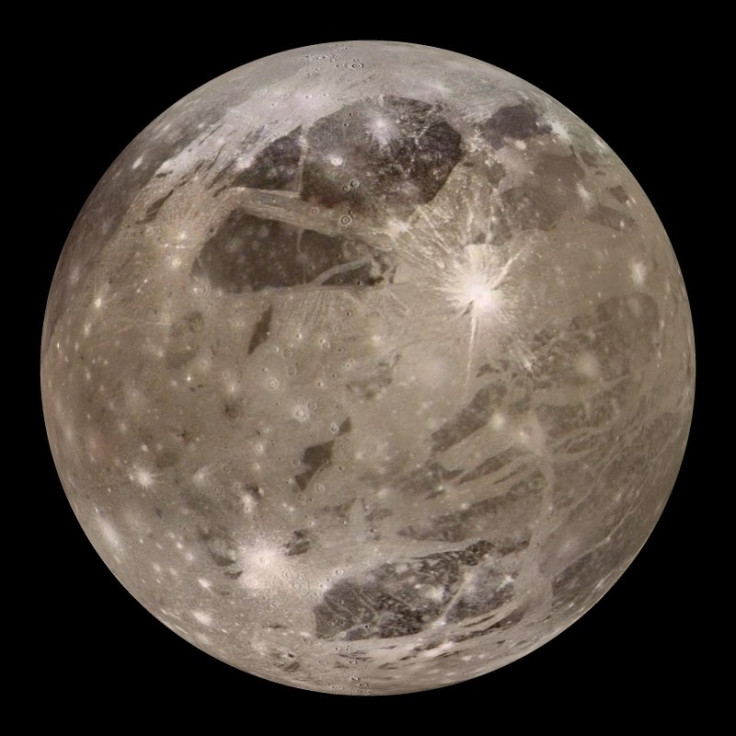ESA Chooses JUICE over NGO for Cosmic Vision 2015-2025 Programme

The European Space Agency (ESA) has selected the Jupiter Icy moon's Explorer (JUICE) over the New Gravitational wave Observatory (NGO) to hunt for gravitational waves. With this, JUICE becomes the first Large-class mission chosen as part of ESA's Cosmic Vision 2015-2025 programme.
Selection of the mission for the L1 launch slot of ESA's Cosmic Vision science programme was announced on 2 May, 2012
JUICE would be built in time for a 2022 launch from Europe's spaceport in Kourou, French Guiana, on an Ariane 5. It would then arrive at Jupiter in 2030 to spend at least three years making detailed observations.
The spacecraft will focus particularly on the study of three of Jupiter's moons: Ganymede, Callisto, and Europa. It will characterise these worlds, all thought to have significant bodies of liquid water beneath their surfaces, as potentially habitable environments.
BBC reported that the concept proposes an instrument-packed, nearly five-tonne satellite to be sent out to the solar system's biggest planet, to make a careful investigation of three of its biggest moons. The spacecraft would use the gravity of Jupiter to initiate a series of close fly-bys around Callisto and Europa, and then finally to put itself in a settled orbit around Ganymede.
Ganymede is reportedly the only moon in the solar system known to generate its own magnetic field, and JUICE will observe the unique magnetic and plasma interactions with Jupiter's magnetosphere in detail.
"Jupiter is the archetype for the giant planets of the solar system and for many giant planets being found around other stars," Prof Alvaro Giménez Cañete, ESA's Director of Science and Robotic Exploration said in a statement. "JUICE will give us better insight into how gas giants and their orbiting worlds form, and their potential for hosting life."
"The selection process has been challenging given the excellent quality of the three mission candidates, and I would like to thank the Space Science Advisory Committee for its hard work and for having carried out this very challenging process in a very rigorous way," stated the Chair of ESA's Science Programme Committee, Dr Richard Bonneville.
The current announcement is the culmination of a process started in 2004 when ESA consulted the wider scientific community to set Europe's goals for space exploration in the coming decade.
© Copyright IBTimes 2025. All rights reserved.





















